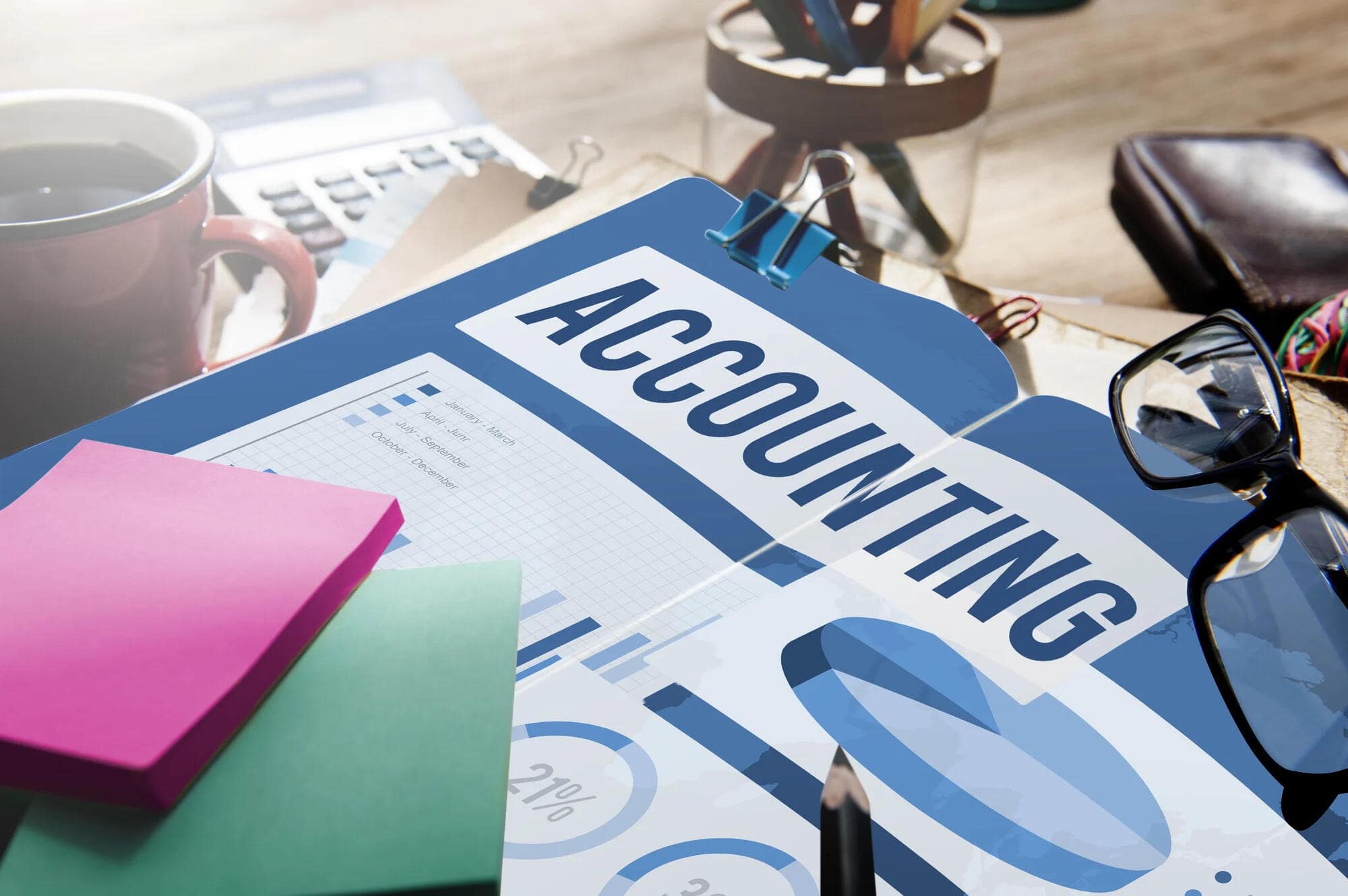Being a landlord is hard. You've got to find the right property, pay for it, find tenants, and maintain the building and land. We haven't even broached rental property accounting yet.
You have all the other aspects of property management for your Suwanee, GA building down. However, you're still not that good at property bookkeeping. You don't know where to start.
Don't worry. Below are a few tips to help you keep your landlord finances and rental income in check. Read on to learn how to manage your property finances.
Have Separate Accounts
Do not mix your personal and business finances. Property bookkeeping requires a lot of organization for expense and tax purposes.
Combined accounts make untangling business expenses from personal ones complicated and messy. Each property you own should have an account.
No two properties will have the same thing happening at the same time. This is so you don't confuse expenses and rental income.
Try Rental Property Accounting Software
Property management software can make life much easier. It can help with tenant screenings, rental applications, lease management, and categorizing expenses and income.
The latter is important for maintaining property finances. Landlords can give each property its own category and set organizational rules.
Most properties may run under similar rules. You can set different rules for buildings with unique expenses or unusual tax implications.
It's easier to edit property bookkeeping software than hard-copy ledgers. Technology allows you to catch mistakes and omissions faster than with paper documents.
Try to Track Income Expenses in Real Time
It might be hard because of the difficulties of landlording, but you should try to record expenses close to when they occur. You will, of course, track rental income, but here are other income sources and expenses you must record:
- Pet deposits
- Application fees
- Late fees
- Utility reimbursements
- Security fees
- Repair bills
You should have records of expenses in your credit or debit account. However, scanning receipts (and invoices, service reports, etc.) and creating spreadsheets will help keep track of:
- How much money you made
- What you spent
- When the transaction happened
If you compare the income against the expenses often enough, it becomes easier and improves financial reports. Transparent rental property accounting also helps avoid audits and increases deductions.
People bogged down by property management duties should set aside a few hours a day -- or a time during the week -- to organize files and paperwork.
It helps to schedule your property bookkeeping at the same time. Consistency will help you stay on track.
Better Manage Your Property Finances
Keeping track of landlord finances can be difficult and tedious. Despite that, it's something you've got to do. Another tip we've got is to get help with rental property accounting.
PMI Atlanta City can help. We offer a full suite of accounting and reporting services like compiling owner statements and rent collection. You can trust our dedication to helping your investment grow.
Contact us if you're ready to jumpstart your journey to greater financial competency.


